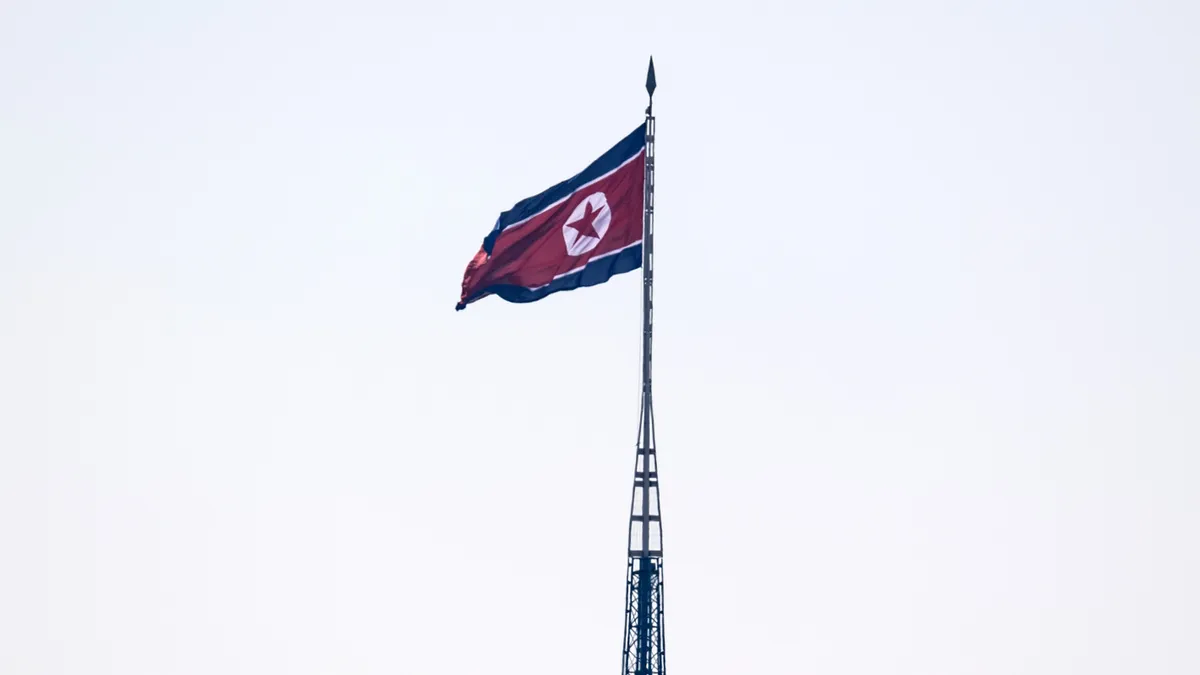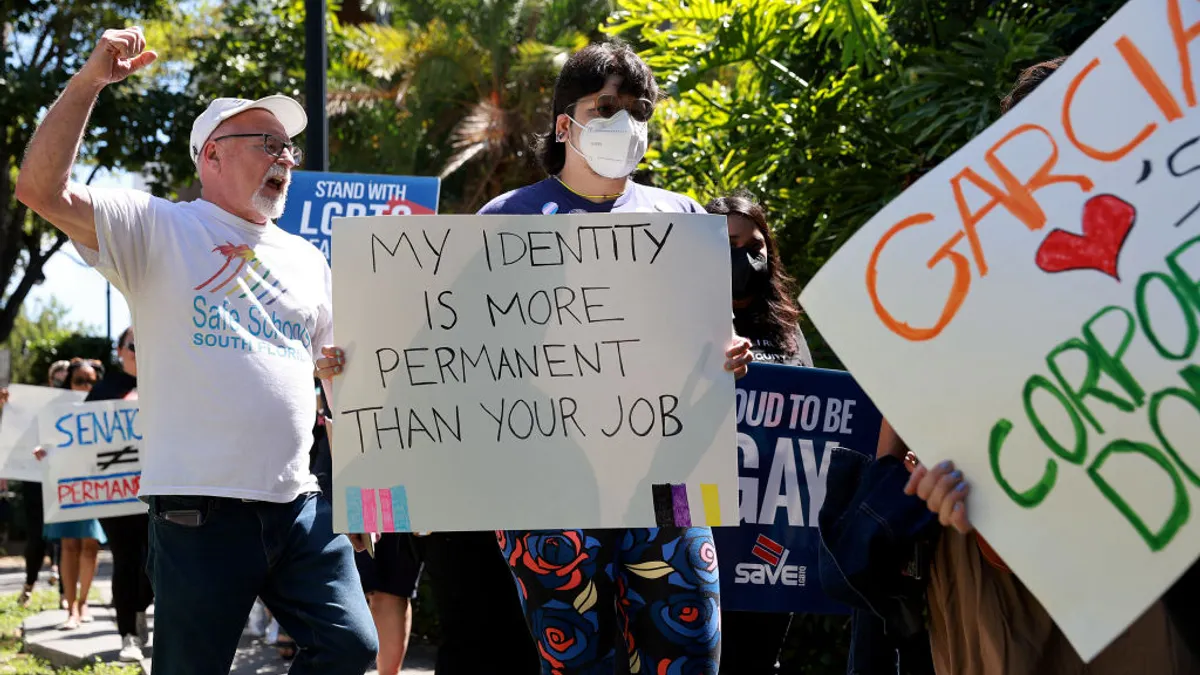NEW ORLEANS — An employee walks into work and mumbles something about having the munchies. A forklift driver causes a collision and appears to be under the influence. An applicant nails every interview, only to fail the drug test. What's HR's next move when these situations arise?
The list of places in which marijuana is legal is growing longer: at least 33 states have legalized the medical use of marijuana, and 11 have legalized its recreational use. And yet, marijuana is classified as a Schedule I substance, meaning it's banned at the federal level. These conflicting and changing laws leave HR departments with some ambiguity to navigate.
Despite this, HR professionals can hold onto one fact: "None of the marijuana laws out there allow workers to come to work inebriated, use it on the job or have it in their possession," Dawn Foods Global's Vice President, Assistant General Counsel Erica Brown told attendees at the American Bar Association's 13th Annual Labor and Employment Law Conference. "You're still able to have rules that prevent this type of behavior." As employers attempt to enforce these rules when the aforementioned situations and their ilk occur, HR departments can pose themselves five questions to maintain a safe and compliant workplace.
1. Where is the business located?
That's the first question Brown said she'd ask. Even among states that have legalized recreational marijuana, the workplace implications differ. "I'd want to know how these states deal with the issue," Brown said. In Colorado and Michigan, for example, legislation legalizing recreational marijuana exists but provides no protection for workers. Laws in Nevada and Illinois, however, prohibit employers from discriminating against applicants and workers on the basis of marijuana use, Brown said.
2. What are the details of the person in question?
HR will need to know a few things about the employee mentioning the munchies, the forklift driver suspiciously woozy after a crash and the applicant failing the drug test. In what kind of position does the person in question work — or which position would the person be working, if hired? Is safety involved? "There are a number of provisions and positions regulated by federal law, particularly if you're in the transportation industry," she said. "Regardless of what state law says, you still have to follow federal law there."
Whether the person carries a medical marijuana card may influence HR's ability to take an adverse employment action in some situations, too. The employer's location matters here once more, Brown said. Connecticut, Delaware, Illinois and Minnesota prohibit employers from discriminating against applicants who are card-holding medical marijuana users, according to Brown.
3. What policies apply?
An employer's pre-existing policies will direct how these situations unfold. The employer may have a reasonable suspicion policy, for example. Such a policy may require two supervisors to witness suspicious behavior (such as an employee's munchies complaint) before the employer opens up an investigation. "Have a supervisor write down the observations," Brown said. "From a management perspective, you're just using that test to confirm the observations that were suspicious."
A collective bargaining agreement also may affect HR's next steps. Hopefully, Brown said, the agreement will provide for an employee's termination after it has been confirmed he or she was inebriated at work.
4. What does the test say?
HR may want to do some employee education around drug testing, Brown said. As cannabidiol (CBD) grows in popularity, employees will want to know that using CBD may not get them high, but it may cause them to test positive for marijuana use. Let them know that, "if the test is positive, they're going to be held to that test," Brown said.
If an employee shows up to work visibly inebriated — and those involved have taken the necessary actions spelled out in relevant policies — the employer should arrange for drug testing. HR will need to set up safe transportation and find an escort for the worker. If the employee tests positive, HR can terminate the worker, provided the collective bargaining agreement provides for that.
5. Overall, is the test necessary?
Sometimes, it makes sense for HR to enact a no-marijuana policy. But there are a few good reasons against such policies. "We have more and more of our workforce who are utilizing medical or recreational marijuana, so you're really limiting your pool of applicants when you apply that type of test, particularly if you're in an industry where you have high turnover and you're struggling to staff those locations," Brown said. Employers may want to consider eliminating the THC component from its cocktail of tests.
Instead, HR should consider testing alternatives for non-safety sensitive positions. As new methods of testing go on the market, Brown recommended HR look for one that doesn't monitor "what employees are doing on their own time at home."



















